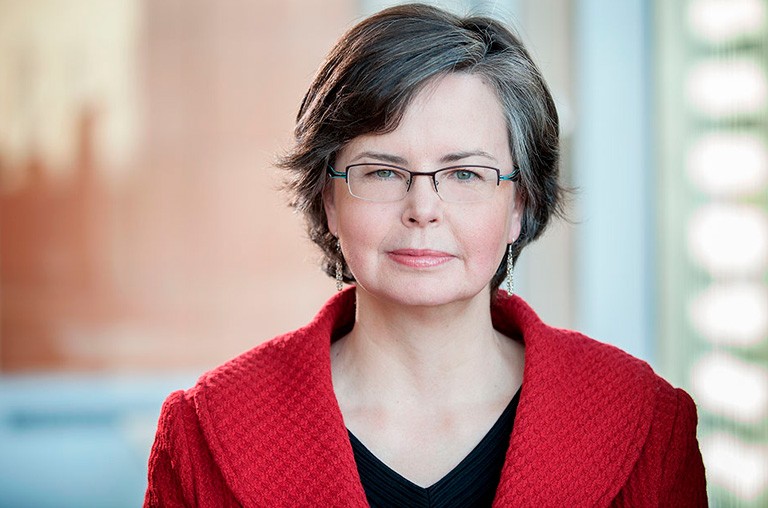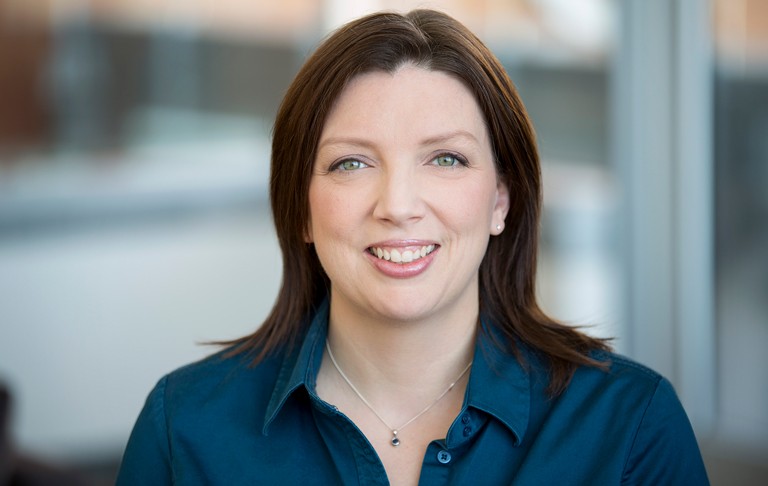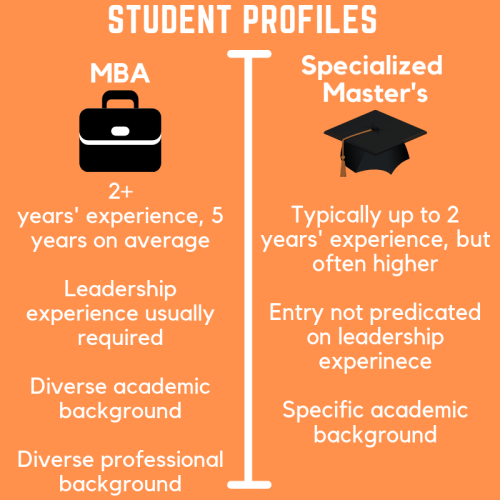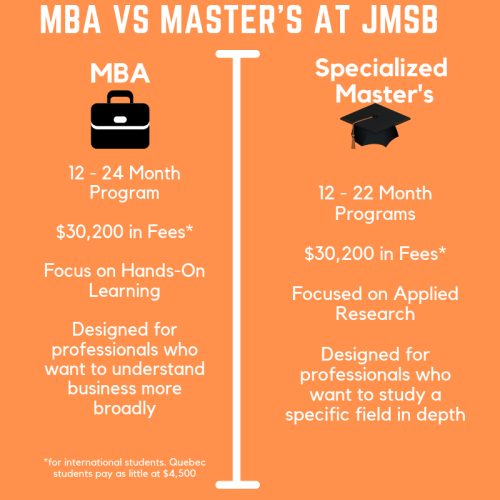MBAs and specialized master’s programs tend to attract slightly different participants.
Most MBA programs require their students to have a few years’ work experience behind them, while specialized master’s programs can be studied right after a bachelor’s degree, or later on in a person’s career.
“At John Molson, the minimum requirement for our MBA program is two years’ work experience, and the average is five,” Sandra explains.
With its broad curriculum, the MBA is suitable for professionals from a diverse array of backgrounds, provided they have the right level of experience.
At John Molson alone, students have included engineers, a jazz singer, an actress, an acrobat, and a cordon bleu chef.
Specialized master’s programs tend to draw from a less varied pool of applicants in terms of academic background.
For highly technical courses, students must have a specific knowledge base to work from. This often means having a science, economics, or business degree—but not always.
At John Molson, for instance, the MSc programs in marketing and management are open to graduates from all disciplines, provided they have a strong track record and are motivated to learn.
3. Breadth vs Depth


 MBA and masters are for different candidates with different profiles, says Dr Sandra Betton from John Molson School of Business
MBA and masters are for different candidates with different profiles, says Dr Sandra Betton from John Molson School of Business


